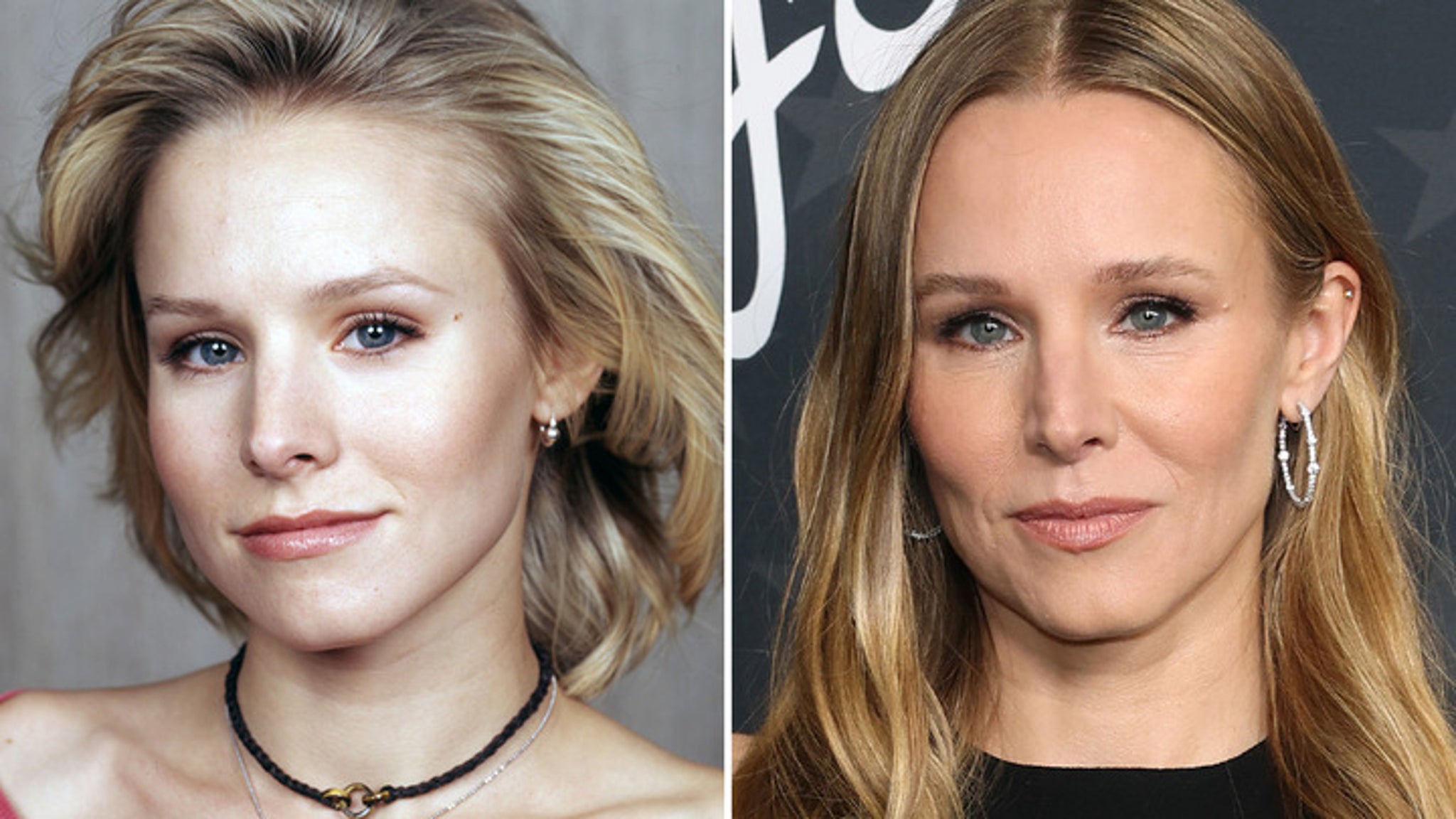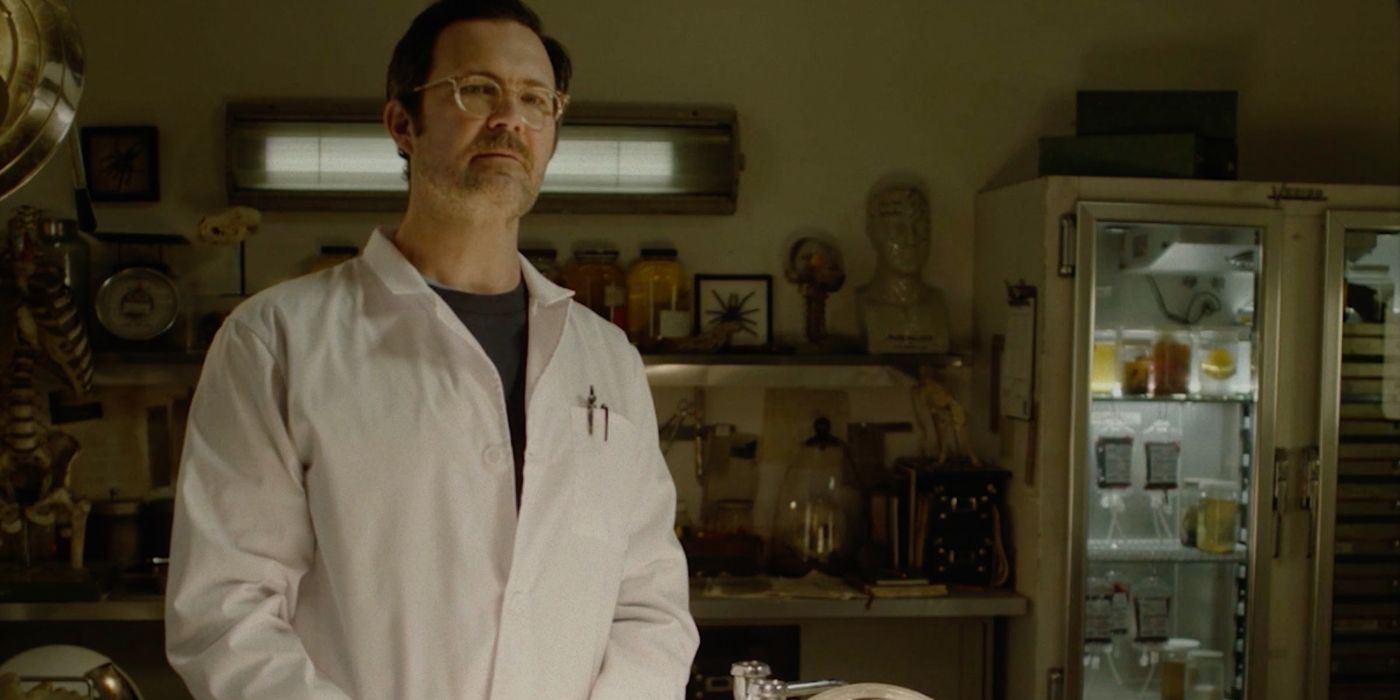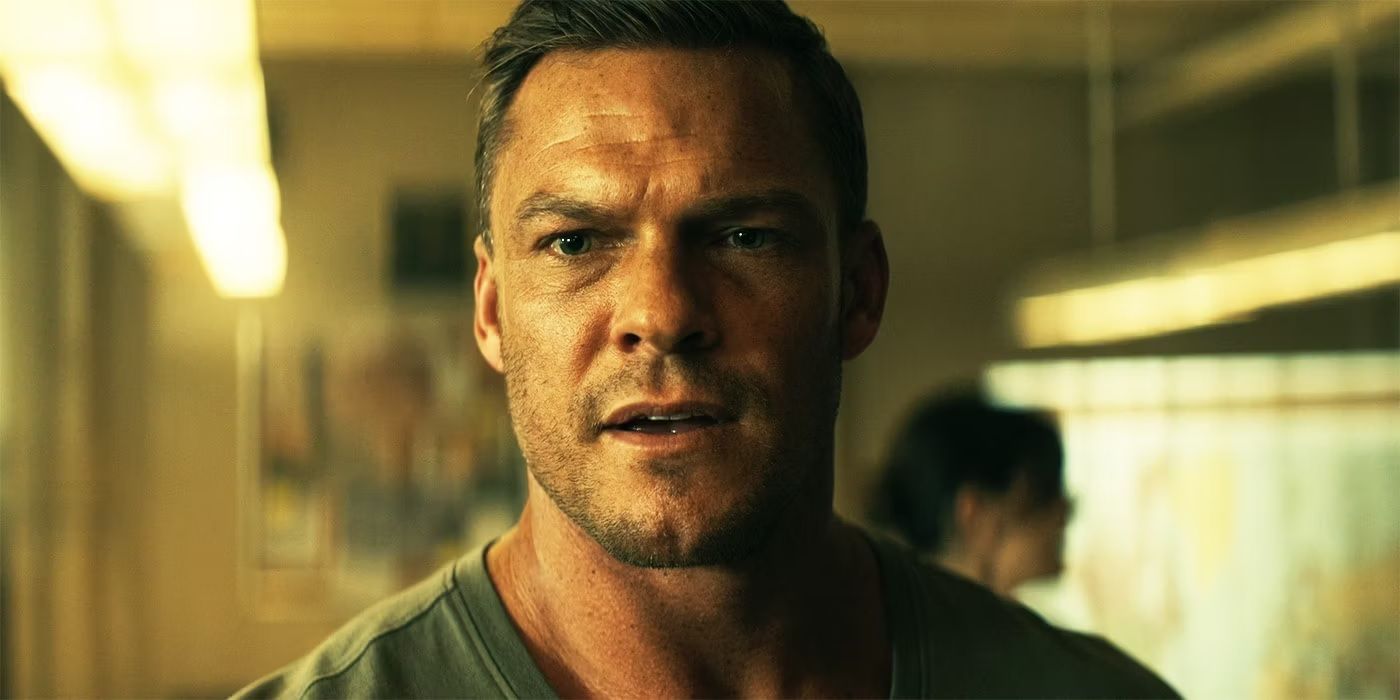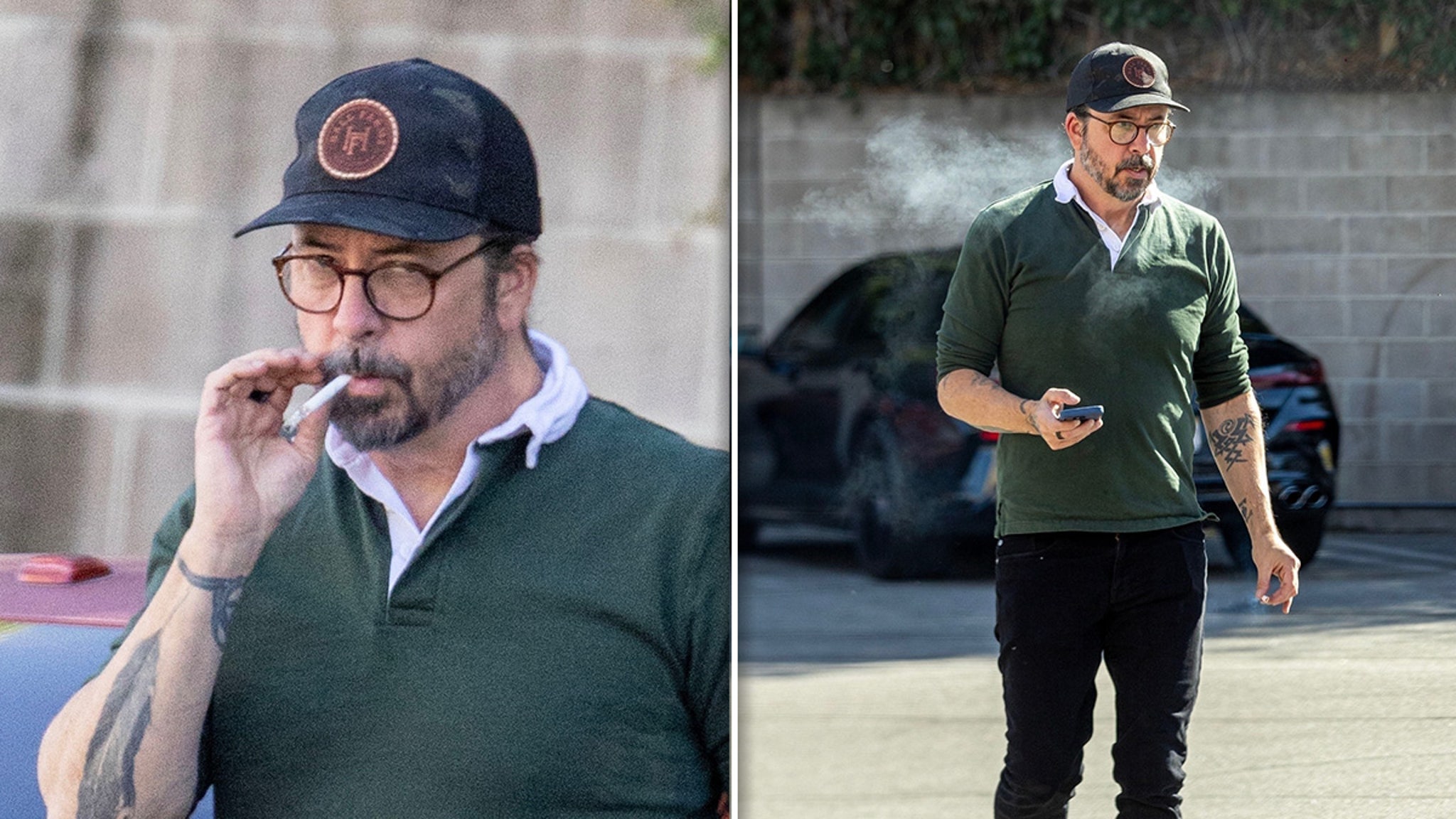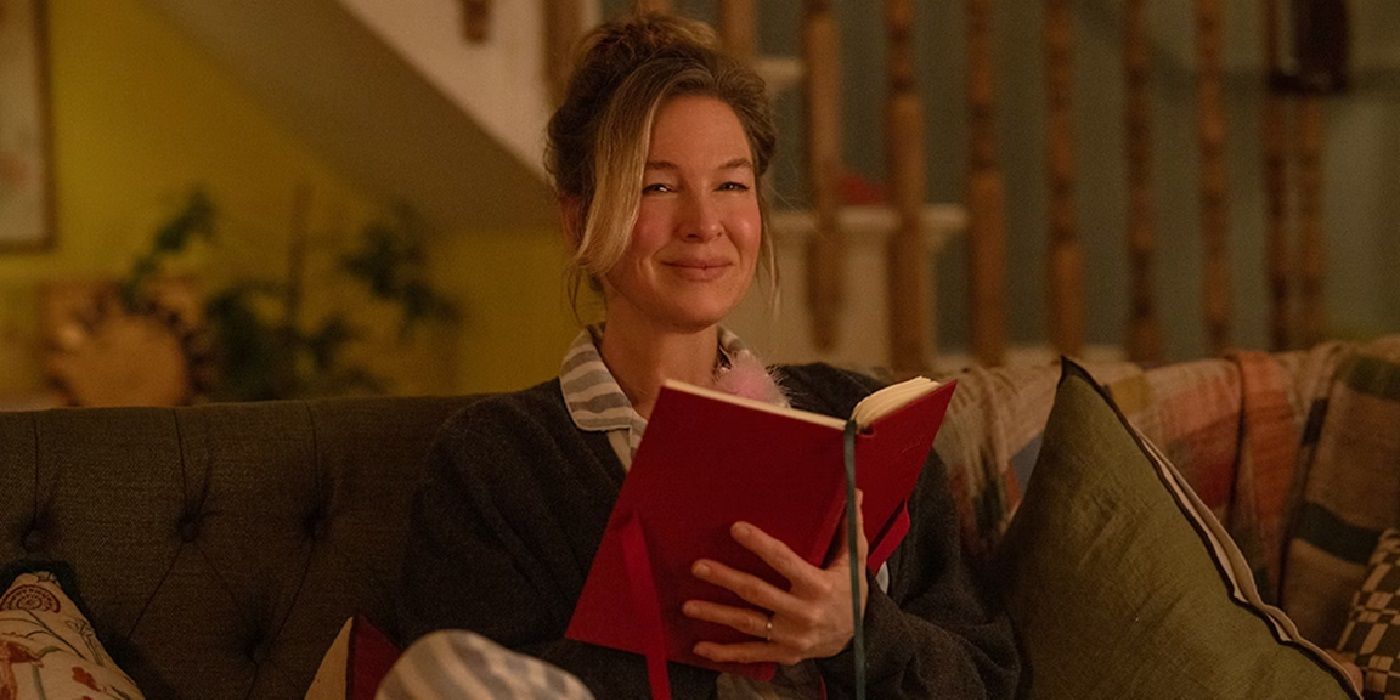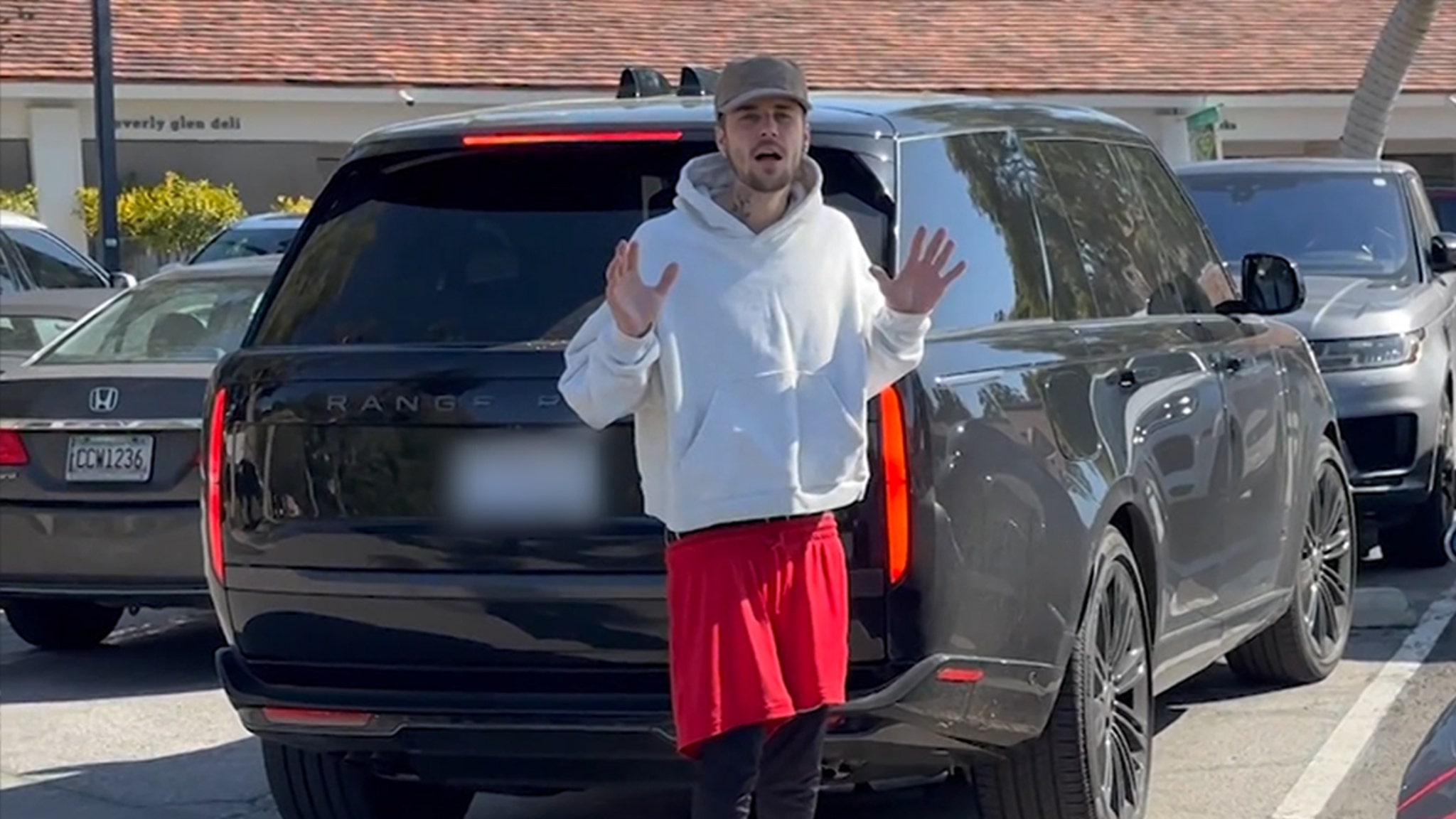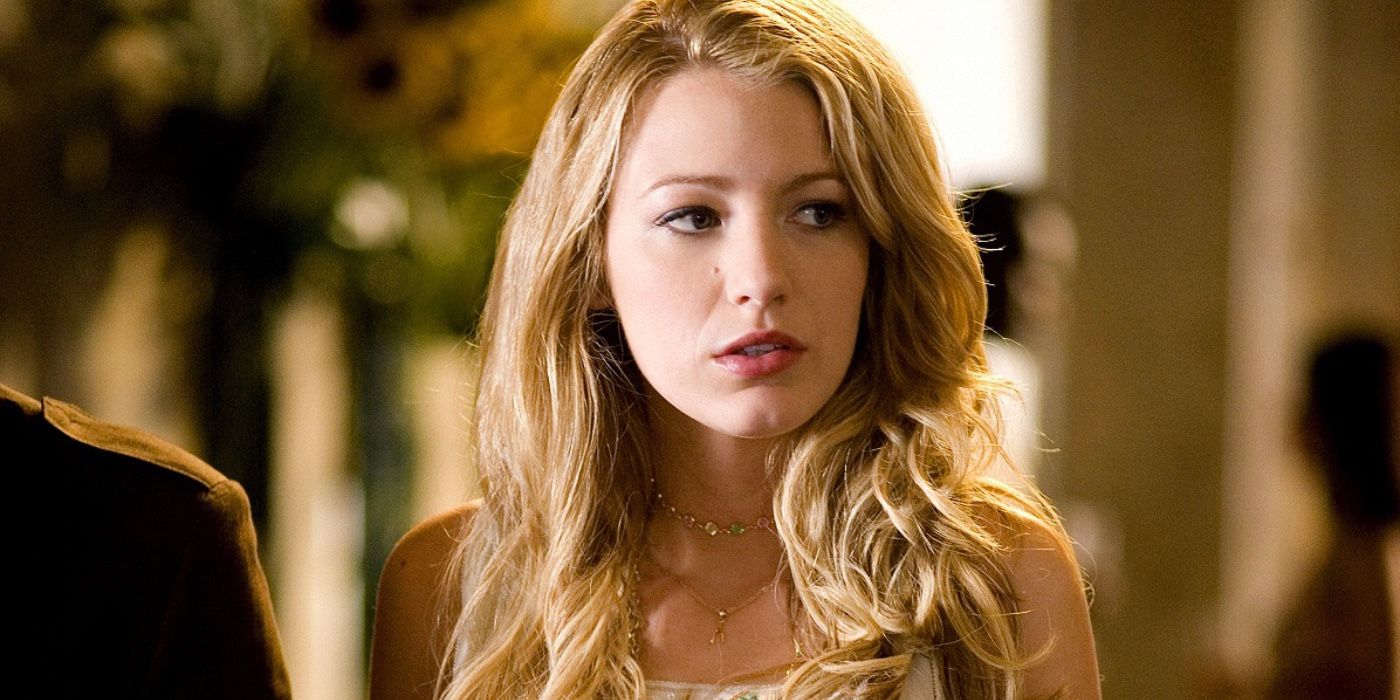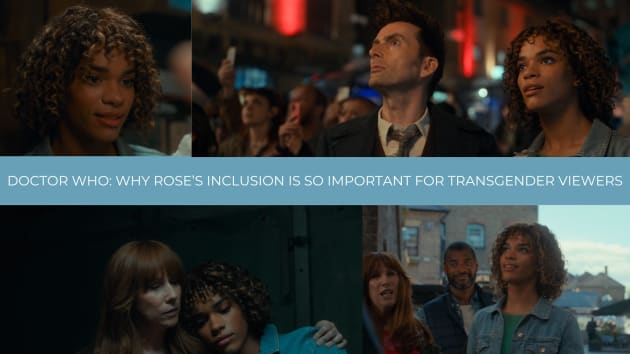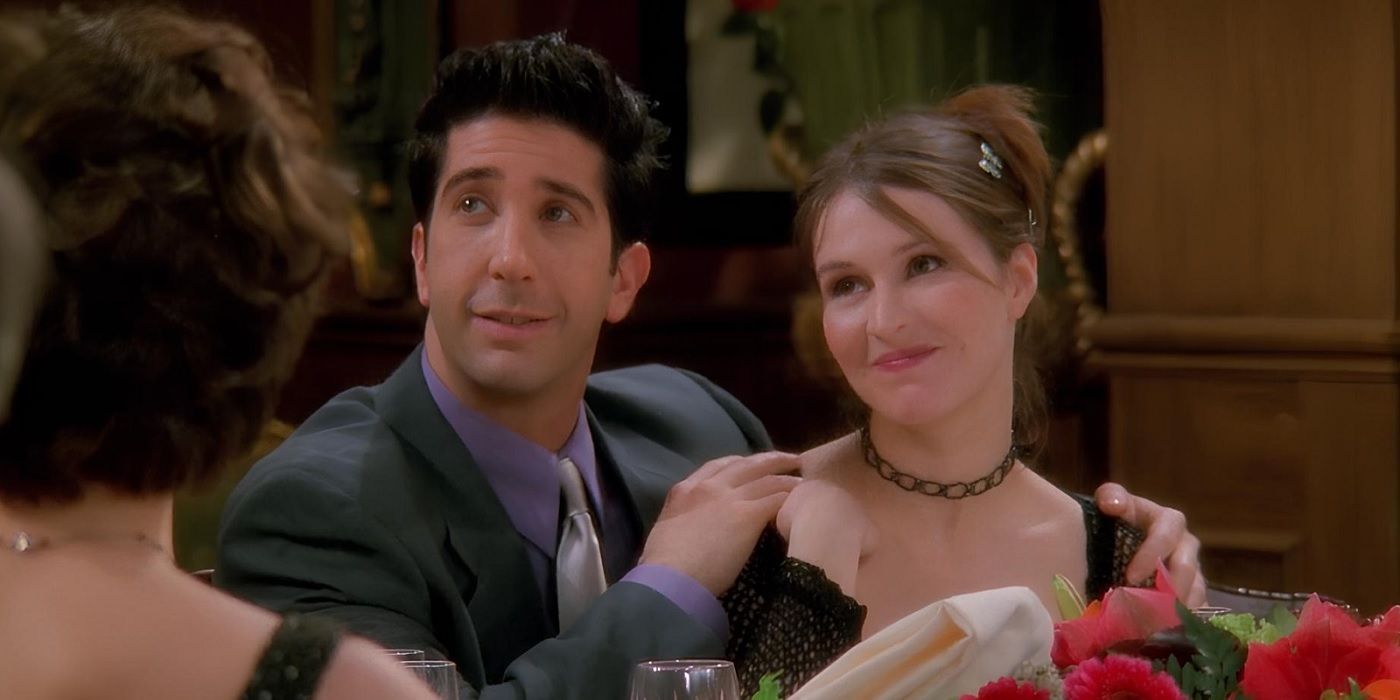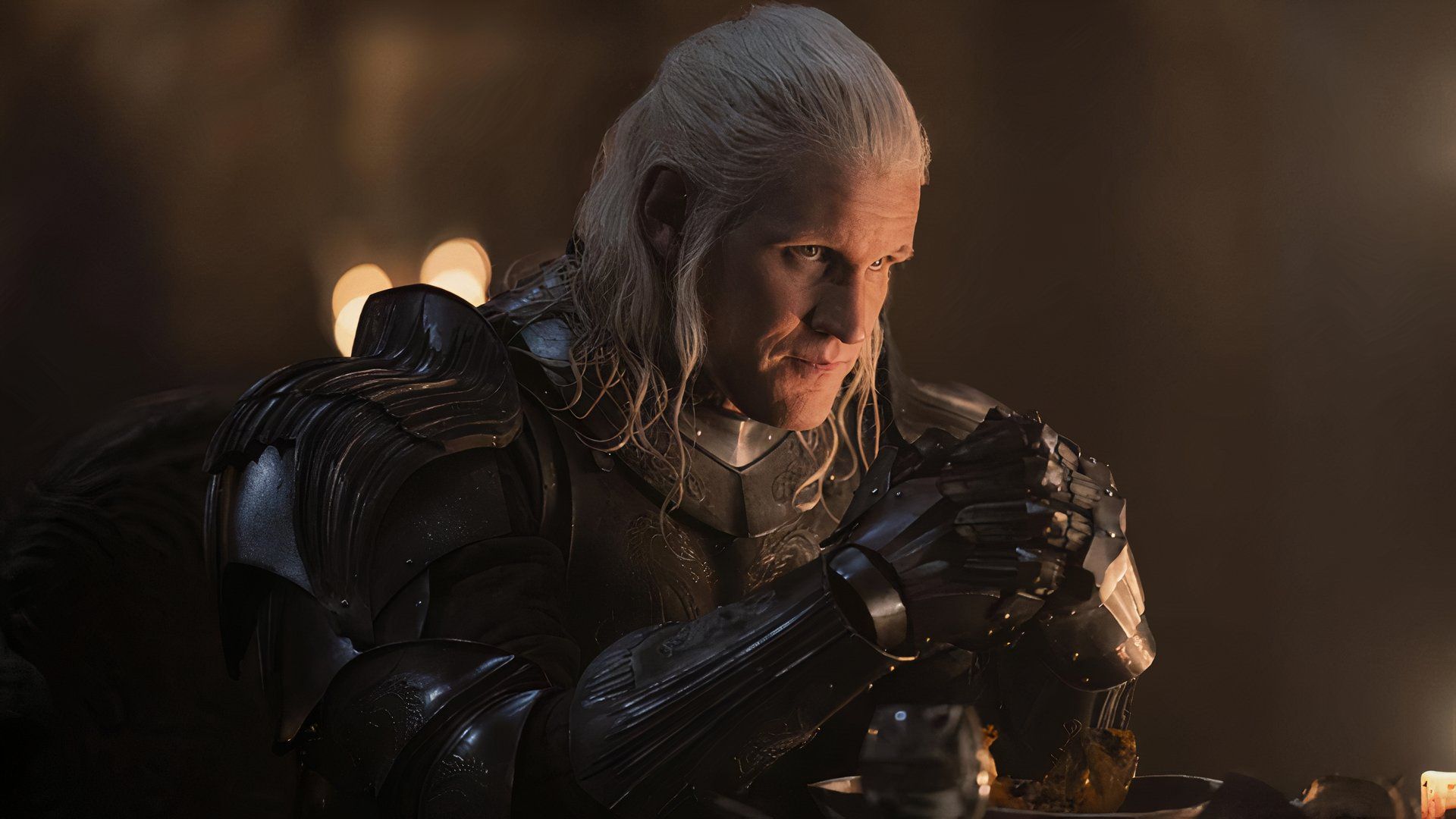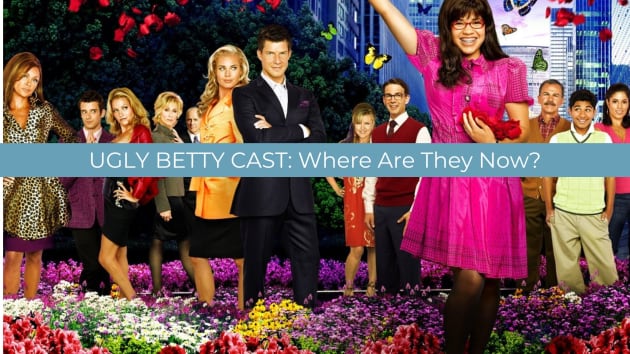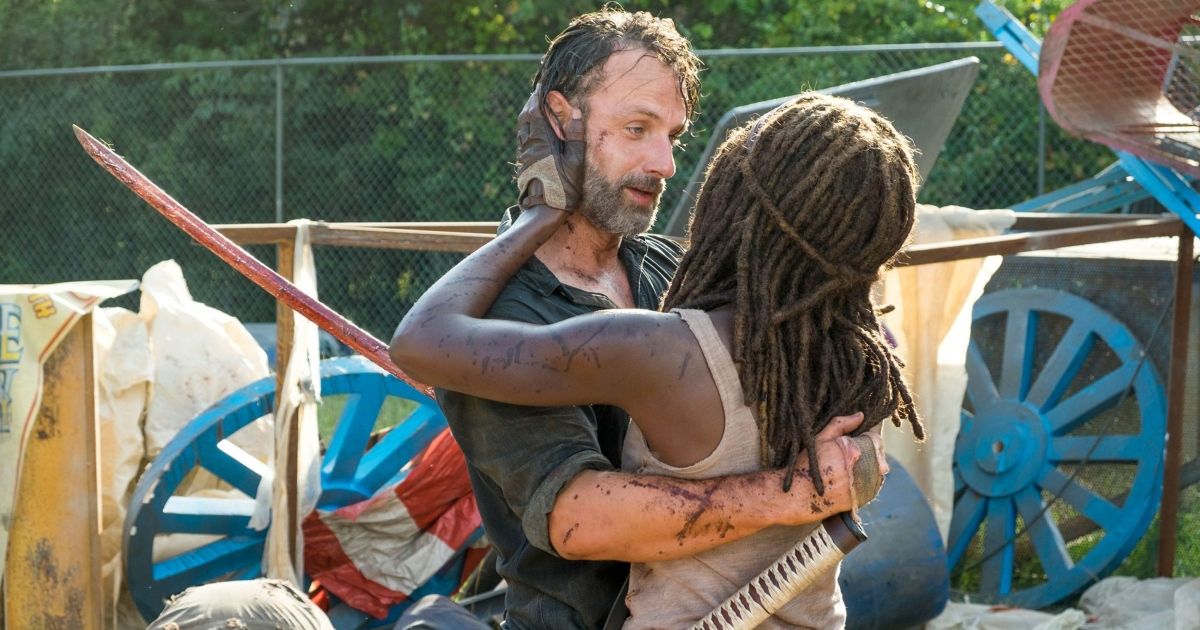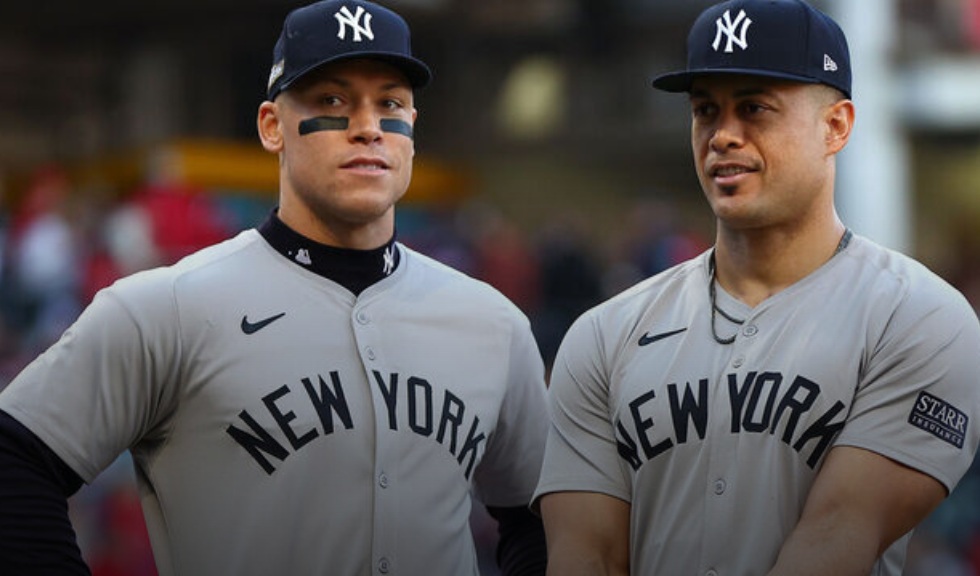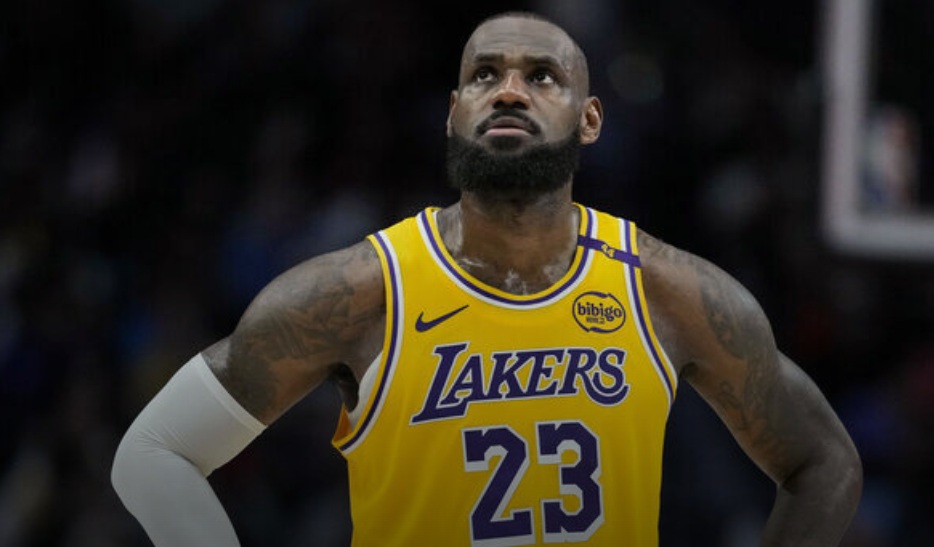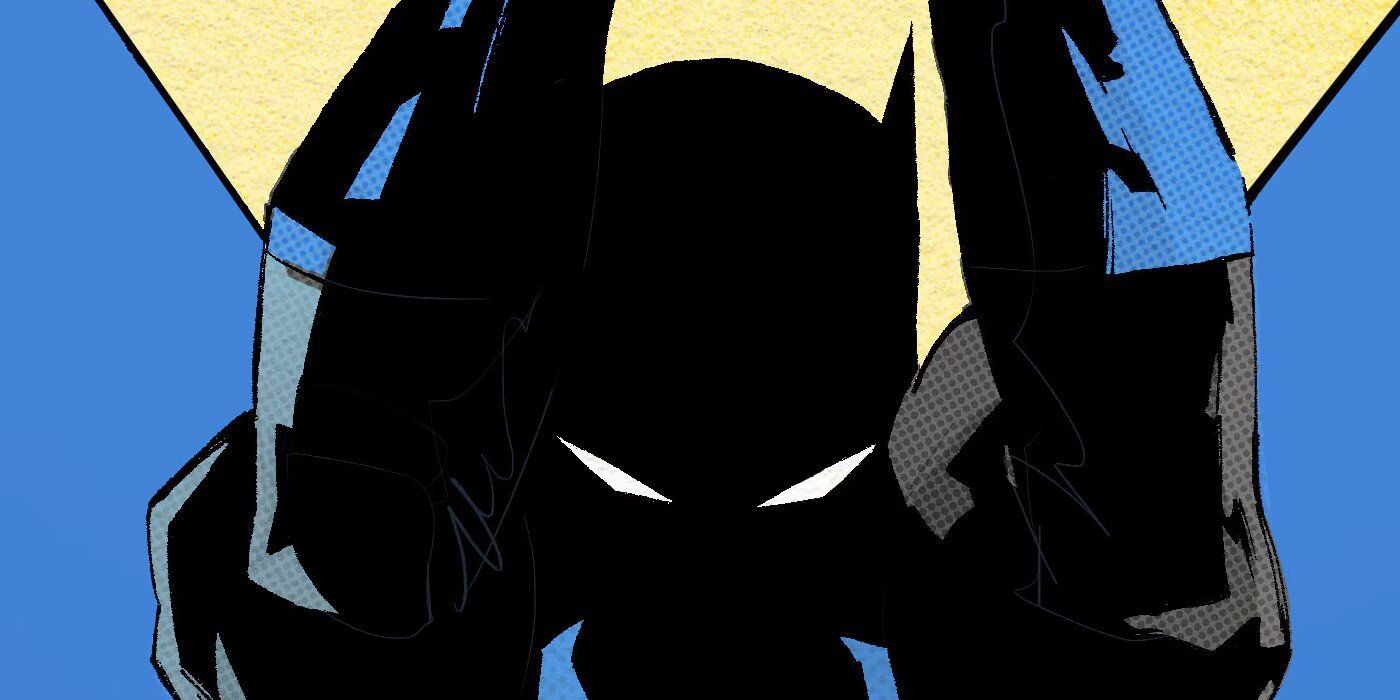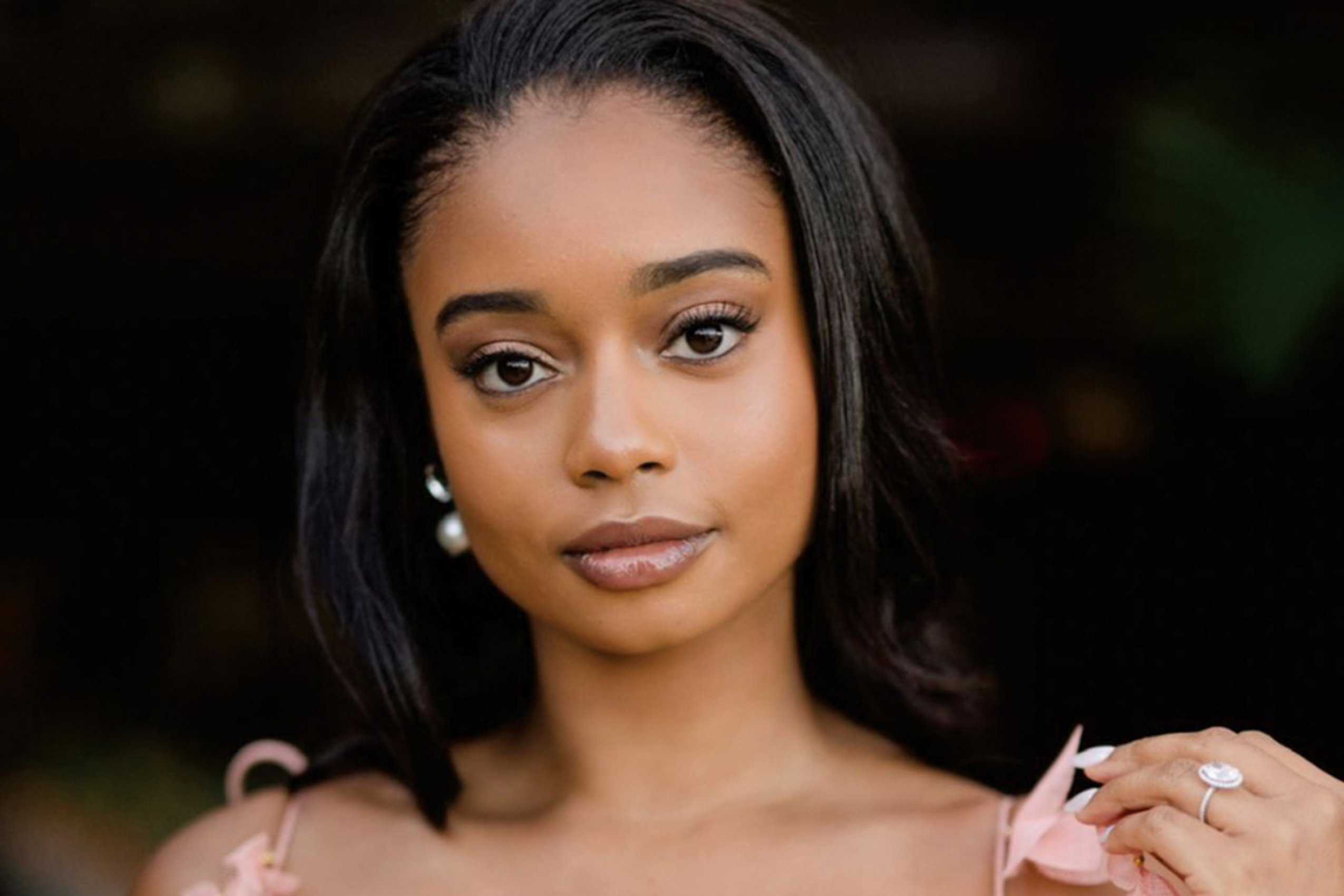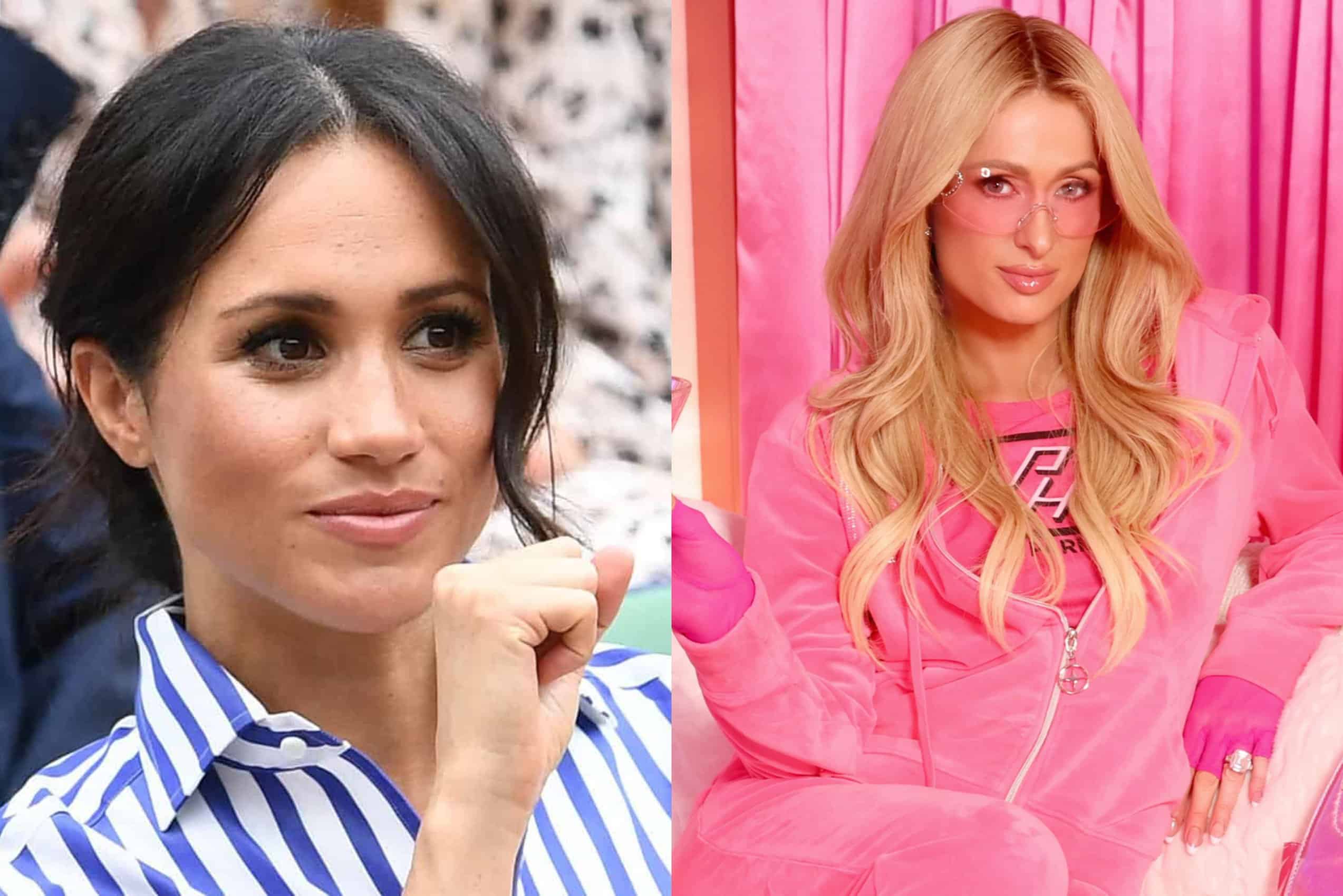As a transgender Doctor Who fan, I’m thrilled about Rose Noble. Doctor Who Season 14 Episode 1 was the first of three 60th anniversary specials, and it included a transgender teenager whose mother was one of my favorite new series companions.
Rose got to do everything Doctor Who companions have done for six decades.
She befriended an alien, got caught up in a dangerous situation, and helped save London. She was courageous, curious, and had an appetite for adventure.
And she did it all while also being a member of a supportive family and a teenage girl with people shouting their disapproval at her from the streets based on their own transphobia.
It’s hard to put into words what this meant. I’ve been a fan since before Doctor Who was cool — I watched the classic series on PBS with my brother and later with the only other kid I knew who’d ever heard of it and got picked on by other kids for having such a nerdy interest.
In all that time, there has never been someone I could fully identify with.
Rose doesn’t share my gender identity. She’s a trans woman, and I’m a trans man. But I identified with her feeling like she wasn’t entirely from this world, and when she declared that she was finally herself, it brought tears to my eyes.
Part of the reason this was so important is that Doctor Who is such a long-running series.
While there are transgender characters on several shows, it hits differently when the longest-running science fiction series in the world includes people like me.
The only other time that was as significant was when Mackenzie joined Neighbours in 2018 as the first transgender character on Australia’s iconic soap.
This wasn’t token representation, either. TV often makes the mistake of centering the whole of a transgender character’s existence on their gender identity. Not so for Rose.
Rose was a fully fleshed-out teenage girl. She lived with her parents and grandmother, had a side business making toys, teased her mother sometimes, and was interested rather than afraid when she met the Doctor and witnessed a spaceship crash.
The Meep used her empathy and sense of being different against her, tricking her into nursing the alien creature back into health, but Rose didn’t let that break her.
She got to be the hero who helped save London and she was also the one in danger, trapped in a city under siege.
In short, she got to do everything that every Doctor Who companion has ever done, just like any other character in similar circumstances.
It’s too bad she didn’t get to go into the TARDIS for the next adventure, but hopefully, that’ll be on the agenda, too.
Donna’s support of her daughter was as important to me as Rose herself.
Too many times, media focuses only on unsupportive parents, which can make it seem like most parents refuse to accept their transgender children for who they are.
That’s harmful to real transgender kids who fear rejection if they come out.
It also makes it easier for people to accept laws barring parents from giving their children the gender-affirming care they need if it seems like most parents are against these practices.
But Doctor Who did the opposite. Donna was a caring, supportive, and fiercely protective parent who seemed angrier about the boys that deadnamed Rose than Rose did.
Donna also encouraged her mother to keep trying to be supportive.
Sylvia’s confusion about whether to say Rose was gorgeous mirrored my experiences with my family after I came out. Many parents and grandparents want to be supportive but don’t fully understand or are scared to say the wrong thing.
These scenes took up only a few minutes of the hour, but they were among my favorites because I could relate to them so well.
They were natural, too. Doctor Who didn’t try to shoehorn Rose’s gender identity into the dialogue.
She was introduced as a teenage girl who sells homemade toys online, and later, we learned she was transgender and that her social transition was recent. (The latter was inferred from the fact that the boys bothering her knew her deadname.)
Some fans had an issue with how the meta crisis was handled, fearing that Doctor Who was suggesting that Rose is only transgender because she has alien energy. I got the opposite message from it.
It seemed that Rose was able to absorb the Time Lord’s energy and help resolve the crisis because her gender identity made it easier for her to accept energy from a race that doesn’t subscribe to the gender binary.
The energy absorption didn’t make her transgender; being transgender made her able to survive and thrive with the energy inside her.
This was one of the most positive, pro-transgender messages we’ve ever seen. Rose was able to do something positive that others might not be able to do because she was transgender.
Yasmin Finney wanted to do this role so that she could be the role model for today’s transgender kids that didn’t exist when she was growing up.
I admired that.
I was one of those kids, too, and it took me until I was in my 30s to understand that I was transgender; growing up, I didn’t know there was a word describing how I felt and didn’t understand why I couldn’t remember that I was supposed to be a girl.
Finney played the role perfectly because she understands what it’s like to be Rose.
When cisgender actors play transgender roles, they sometimes get it right, but it’s not the same as having someone who is transgender sharing an authentic representation of a character like them.
Rose is also a transgender woman of color — the demographic that is most underrepresented on television and most likely to become a victim of transphobic violence in real life.
That made her inclusion even more important. I can’t speak to the intersection of race and gender identity since that’s not who I am, but I’m looking forward to learning more if and when Rose returns to Doctor Who.
Your turn, Doctor Who fanatics.
Did Rose’s inclusion mean something to you? Hit the big, blue SHOW COMMENTS button and let us know.
Doctor Who will air three specials for the 60th anniversary, airing on Disney Plus on Saturdays. The first special aired on November 25, 2023.
Edit Delete
Jack Ori is a senior staff writer for TV Fanatic. His debut young adult novel, Reinventing Hannah, is available on Amazon. Follow him on X.
You can view the original article HERE.

